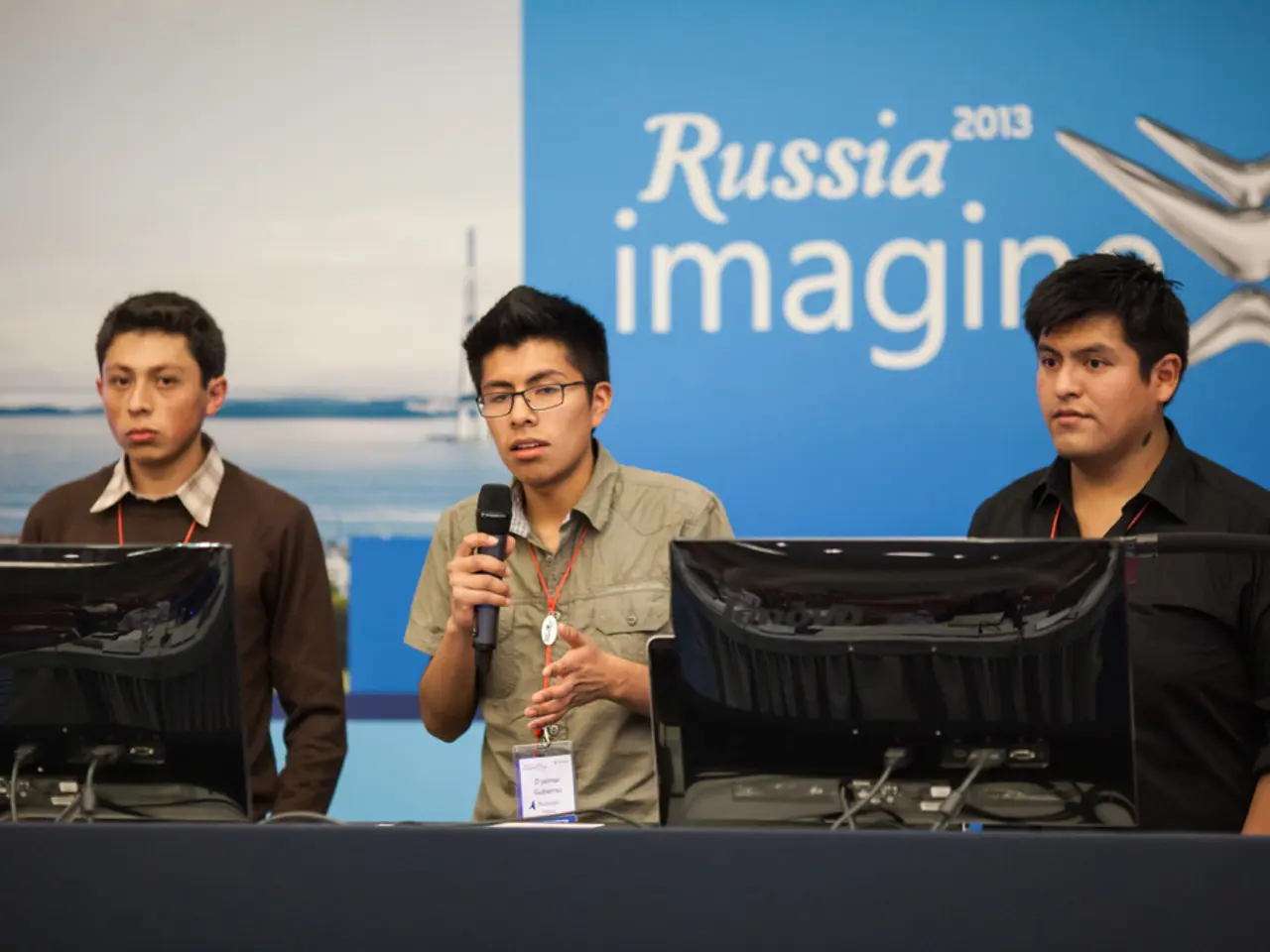Assurance for Kiev by Europeans, Minus Deployment of American Troops
In the evolving landscape of negotiations surrounding Ukraine's security guarantees, various international players are taking active roles. Here's an overview of the current positions and potential contributions from Germany, the United States, and EU countries:
Germany
Germany has been a key player in discussions on international security guarantees for Ukraine. While the country remains cautious about formal military alliances outside NATO, it has shown support for diplomatic solutions and is involved in EU-led initiatives aimed at ensuring Ukraine’s stability and sovereignty. Germany is likely to provide continued economic and humanitarian aid, and could contribute to non-NATO security mechanisms or peacekeeping efforts in Ukraine.
United States
The US advocates for strong security guarantees but is careful about formal commitments that might trigger direct military confrontation with Russia. The US supports defensive assistance and multilateral security frameworks. During the conflict, the US has provided substantial military aid and may continue to support Ukraine with intelligence, training, and logistical support post-agreement. The US supports Ukraine’s sovereignty and territorial integrity but has signalled openness to negotiated frameworks that could avoid Ukraine joining NATO immediately, focusing instead on a broader international security arrangement.
EU Countries
Many EU nations support Ukraine’s security but have varying stances depending on their geopolitical considerations. Some favour strong international guarantees and potential EU-level security mechanisms, while others are more cautious. EU countries collectively contribute economic aid, reconstruction funds, and political support. Countries with larger defense capacities may participate in joint security or peacekeeping missions. The EU aims to present a coordinated front in negotiations, balancing support for Ukraine with maintaining stability in Europe.
Key Developments
- Defense Minister Boris Pistorius stated that the details of Germany's contribution to security guarantees are yet to be determined.
- Chancellor Friedrich Merz stated that the Zelensky-Putin meeting is planned within the next two weeks.
- EU Council President António Costa stated that efforts regarding security guarantees for Ukraine should be accelerated and a promise of protection similar to Article 5 of the NATO treaty should be made.
- In a conversation with Fox News, Trump stated that Germany, France, and Britain are ready to send soldiers to Ukraine to secure a possible peace.
- Trump also expressed that the U.S. is ready to support its allies in securing Ukraine from the air.
- The public reaction from Russia was initially cautious, with Foreign Minister Sergei Lavrov stating that all contacts involving the heads of state must be prepared very carefully.
- Zelenskyy described security guarantees for his country as a top priority for peace with Russia.
- Discussions at the meeting with Ukrainian President Volodymyr Zelenskyy, European political leaders, and Trump included promises of protection modeled on Article 5 of the NATO treaty.
- French President Emmanuel Macron warned against rushing into a peace treaty without solid guarantees.
Challenges Ahead
Divergent views on Ukraine’s NATO prospects, the risk of escalation with Russia, and balancing defense support with diplomatic solutions present significant challenges in the negotiations. As of mid-2025, the situation remains dynamic with ongoing diplomatic talks, and detailed terms for security guarantees will depend on the broader peace agreement framework agreed upon by Ukraine, Russia, and key international stakeholders.
- Trump initially agreed to support security guarantees for Ukraine but did not provide details after the meeting.
- The German government hailed the Ukraine summit in Washington as a historic event, with Trump largely aligning himself with the position of the Europeans.
- US President Trump is pushing for a bilateral meeting between Zelensky and Kremlin leader Vladimir Putin, followed by a trilateral meeting with his participation. Putin has reportedly agreed to a bilateral meeting with the Ukrainian president.
Read also:
- Weekly happenings in the German Federal Parliament (Bundestag)
- Southwest region's most popular posts, accompanied by an inquiry:
- Discussion between Putin and Trump in Alaska could potentially overshadow Ukraine's concerns
- Massive 8.8 earthquake hits off the coast of Russia's Kamchatka Peninsula, prompting Japan to issue a tsunami alert.








